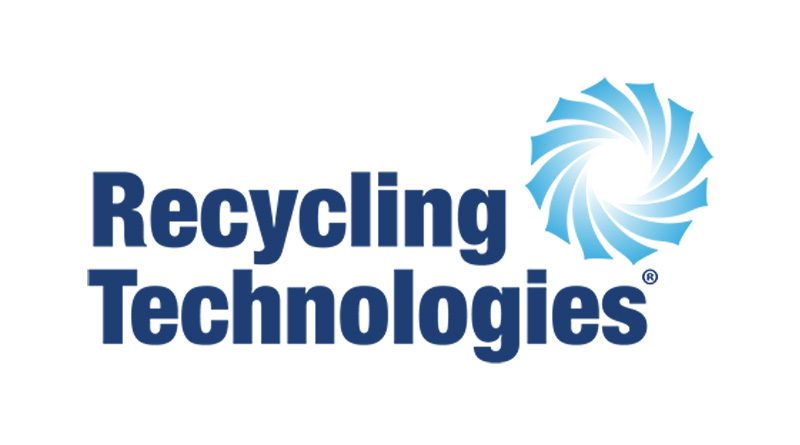

Alarming statistics on the impact of plastics on our environment are piling up almost as fast as the material itself. Today, the world produces 400 million tonnes of plastic every year but only 10% of it is actually recycled. The majority of this after use find their way into landfills and eventually in to the ocean, causing at least US$13 billion worth of economic damage to marine ecosystems annually. The ratio of plastic waste to marine life in the oceans is currently 1:5, but by 2050 it will be 1:1, according to study conducted by PlasticsEurope. You might remember it more simply as the study that has predicted that plastic in the oceans will weigh as much as the fishes in the Ocean by 2050.
Efforts are on worldwide, to find better and more ways to recycle, reuse or reduce the use of plastics, with mixed results, thanks to the ubiquity of plastics in our lives today, and yes, their essential role in critical sectors like food packaging and more. One area that offers promise is chemical recycling, where the plastics are actually broken down to a state where they can be used as per choice again. This is important because the majority of plastics that do get recycled undergo a mechanical process that breaks them down into pellets. However, this process cannot be used on plastic products like films, pouches and other laminated plastics, and eventually will end up in our landfills and waterways. This is where the recent improvements in the field of chemical recycling will come into play, taking generally hard-to-recycle plastics, which account for around 40% of the total can now be turned back into pure oil, removing the chemicals and other substances added to it during manufacturing.
A UK based company claim to have created a chemical recycling device capable of being a viable solution and can be installed at existing waste plants. Recycling Technologies, based in Swindon , claims that their RT7000 machine can be installed in existing waste plants where it can turn hard-to-recycle materials into oil, whic h in turn can be used to make virgin plastic again. This product, named Plaxx, replaces fossil-fuel derived oils in the production of new polymers and synthetic waxes. The company also claims that each tonne of plastic treated in the firm’s machines will save 1.8 tonnes of CO2, massively reducing the carbon emissions generated from incinerating this waste.
The company says each machine can pay for itself in three years. Its modular design ensures it can fit into a standard shipping container, so it can be easily transported to waste processing plants. Transporting the equipment to the site reduces the number of lorry trips required to move the plastic to a central site by a factor of 6:1. The company have formed an alliance with the Scottish government to partner in ‘Project Beacon’, to develop future ready recycling technologies.
The firm claims to have secured £65 million in sales contracts for Plaxx for the first 12 machines that will be installed in the UK and Northern Europe. It has signed a business alliance with InterChem, a global commodities trader that specialises in shipping, storage and blending in the petroleum and petrochemical industry. It has also forward sold £15 million of the wax it will produce to Kerax, a European wax manufacturer.
Another upcoming company in the field is Norwegian clean energy company, Quantafuel. They use their patented catalytic system to fit different chemical processes into systems which further convert materials containing low-value carbon primarily plastic into high-quality synthetic fuels.
The company’s first European plant in Skive, in northern Denmark, will take waste carbon resources, mostly from plastic and use them to create clean, low carbon fuel. Using their propriety technology the plant can produce 800 litres of synthetic diesel from every 1000 kilos of plastic waste. Synthetic diesel cuts the emission of greenhouse gases by 66% and the field is rapidly growing and improving to globally reduce carbon emissions.
While progress made by firms like Recycling Technologies and Quantafuel is welcome,perhaps the bigger challenge here would be to sale up their technologies, and perhaps even more importantly see how they travel to large emerging economies like China, India and more, where the next stage of plastics growth is happening. Perhaps like the feed in tariffs of solar power, there needs to be a more formal global mechanism to ensure the technology reaches the right places in these countries, to truly make an impact at global scale.
In a significant move toward advancing green energy and industrial growth in the state, Himachal…
Golabl chemical conglomerate BASF has announced that its now offering the world’s first biomass-balanced polyethersulfone…
In a crucial stint to bolster the biogas sector and sustainable dairying in the country,…
TotalEnergies SE has received approval to proceed with its Middlebrook solar and battery project in…
Andhra Pradesh Chief Minister Chandrababu Naidu has inaugurated the Rs 1,000-crore green hydrogen plant of…
The BITS Pilani has developed an innovative solution for managing landfill leachate, domestic septage, and…